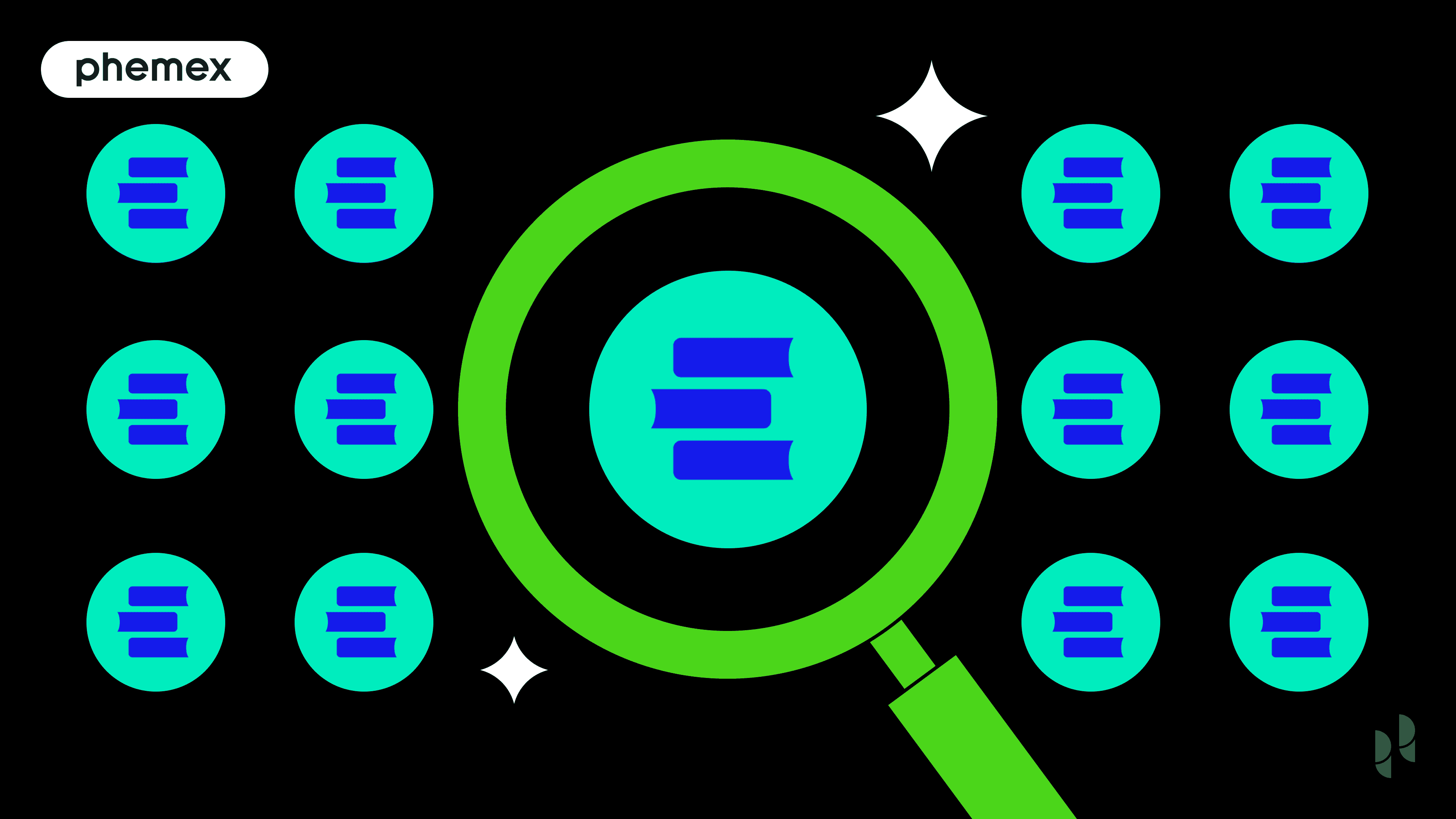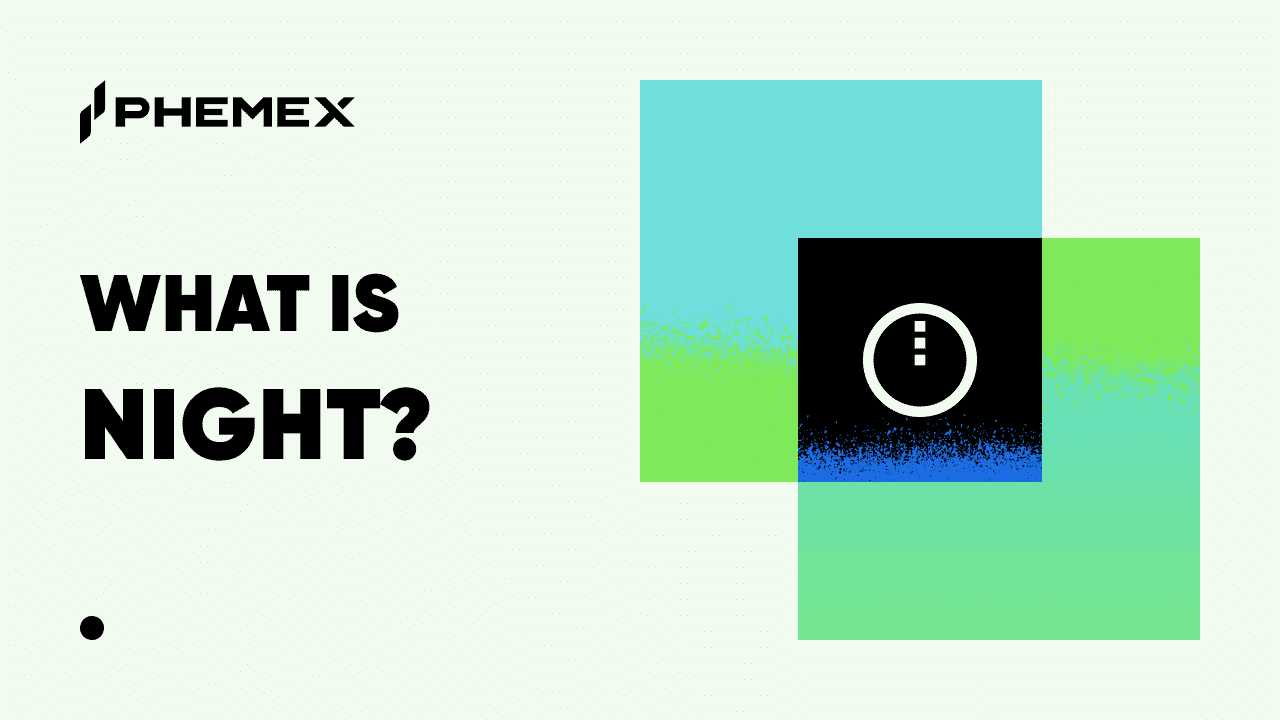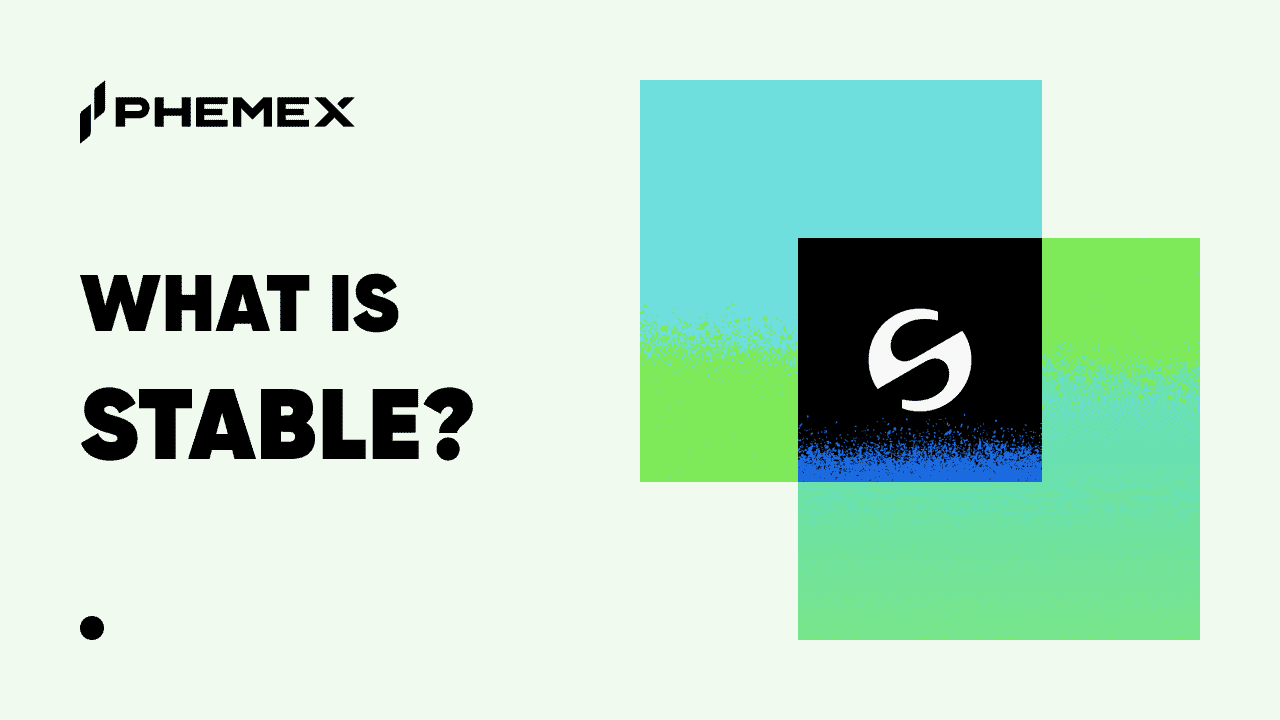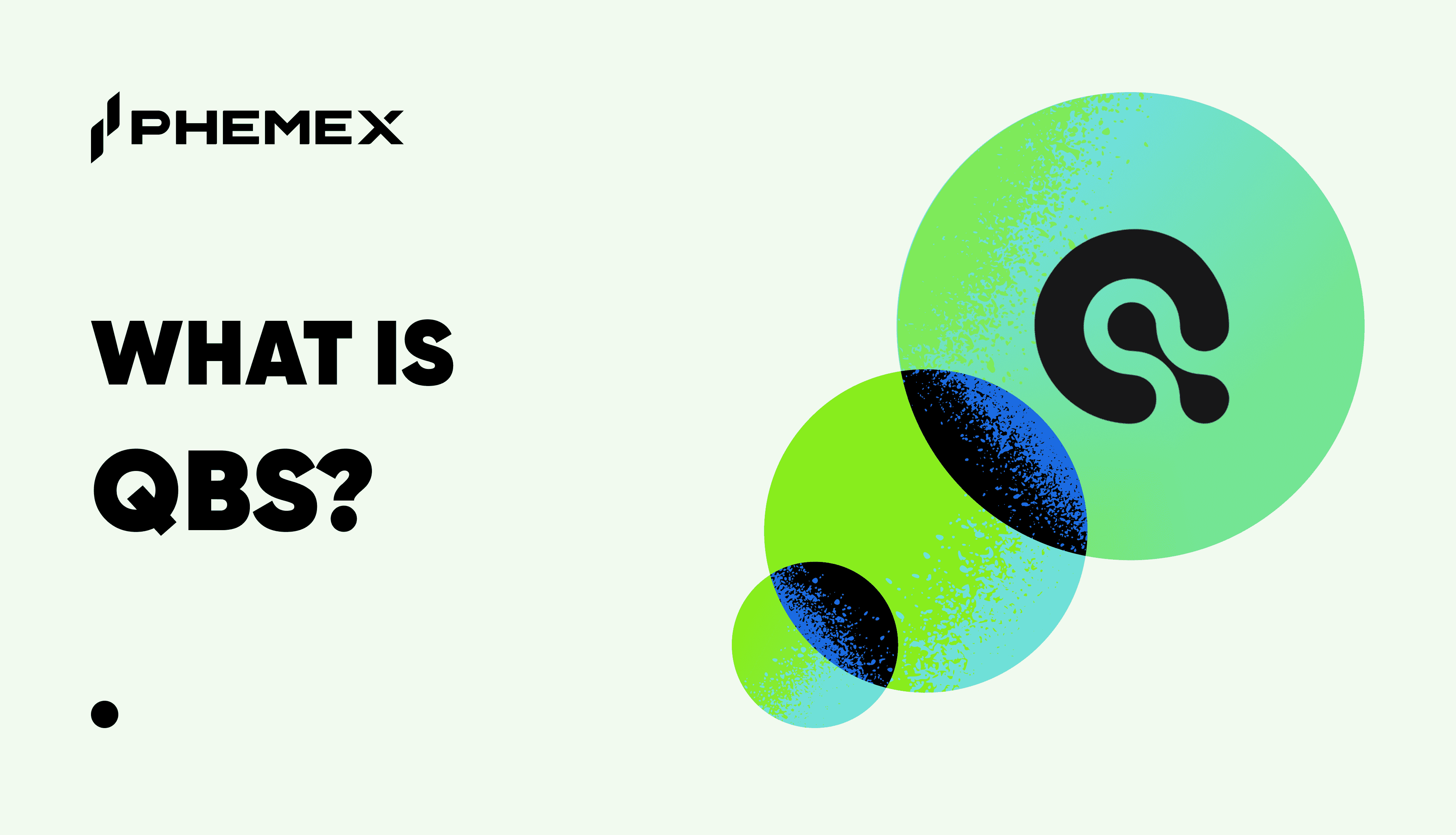The world of education is undergoing a seismic shift, and blockchain technology is at the forefront of this revolution. Open Campus (EDU) is a pioneering project aiming to decentralize education, empowering educators and learners by giving them more control over their content and learning experiences. This guide explores the Open Campus ecosystem, its native token EDU, and how you can be a part of this educational transformation through Phemex.

Summary Box (Quick Facts)
-
Ticker Symbol: EDU
-
Chain: BNB Chain; with a dedicated Layer-3, EDU Chain, on Arbitrum
-
Contract Address: 0xc729777d0470f30612b1564fd96e8dd26f5814e3
-
Circulating Supply: Approximately 410.72 million EDU.
-
Max Supply: 1 billion EDU.
-
Primary Use Case: Decentralized education, content tokenization, and governance.
-
Current Market Cap: Approximately $63.26 million.
What Is Open Campus (EDU)?
Open Campus is a decentralized education protocol designed to address key challenges in the traditional education system. "What is Open Campus?"—it's a movement to return control to educators and learners by leveraging blockchain technology. The core idea is to create a more equitable and collaborative educational environment where teachers can create and monetize their content, and students can access a wider variety of learning materials.
At its heart, the Open Campus Protocol seeks to tokenize the world's educational content. This is achieved through Publisher NFTs, which allow creators to mint their content, thereby establishing ownership and enabling a transparent revenue-sharing model. This innovative approach, as the "Open Campus explained," solves the problem of undervalued educators by providing them with new opportunities to earn revenue and gain recognition. For learners, it opens up a global ecosystem of diverse educational content, breaking down the barriers of traditional learning institutions.
How Many EDU Tokens Are There?
The total and maximum supply of Open Campus (EDU) is capped at 1 billion tokens. The distribution of these tokens is strategically planned to foster a healthy and sustainable ecosystem. The tokenomics are designed for long-term growth and community incentivization.
Here is the breakdown of the EDU token allocation:
| Allocation | % of Allocation | Number of Tokens |
| Binance Launchpad | 5.0% | 50,000,000 |
| Operational Expenses | 4.0% | 40,000,000 |
| Liquidity | 10.0% | 100,000,000 |
| Early Contributors | 7.5% | 75,000,000 |
| Ecosystem Fund | 25.0% | 250,000,000 |
| Treasury | 10.0% | 100,000,000 |
| Strategic Sale | 13.0% | 130,000,000 |
| Advisors | 15.5% | 155,000,000 |
| Team | 10.0% | 100,000,000 |
| Total | 100.0% | 1,000,000,000 |
The protocol maintains a fixed supply, meaning it is not inflationary. The focus is on a strategic and phased release of tokens to maintain market stability and support ecosystem development, rather than on burning or minting mechanisms.
What Does the EDU Token Do?
The EDU token is the native utility and governance token of the Open Campus ecosystem, playing a vital role in its functionality. The "Open Campus use case" is multifaceted, empowering various stakeholders within the platform.
Key utilities of the EDU token include:
-
Governance: EDU holders can participate in the platform's decentralized governance. This allows them to propose and vote on key decisions, ensuring the platform evolves in a community-driven manner.
-
Payments: Learners use EDU to purchase access to educational content, courses, and other services offered through the protocol. Revenue generated is then distributed transparently via smart contracts to content creators, co-publishers, and other contributors.
-
Incentives: The protocol uses EDU to reward high-quality content creation, peer reviews, and active engagement, fostering a vibrant and valuable learning environment.
-
Content Ownership: Through Publisher NFTs, creators can tokenize their educational content. These NFTs can be acquired with EDU, granting co-publishing rights and a share of the revenue to those who help promote and distribute the content.
Open Campus (EDU) vs. Bitcoin
While both Open Campus and Bitcoin are cryptocurrencies, their fundamental purposes and technologies are vastly different. Bitcoin was created as a decentralized digital currency, a peer-to-peer electronic cash system. Open Campus, on the other hand, is a utility token designed specifically for the education sector.
| Feature | Open Campus (EDU) | Bitcoin (BTC) |
| Use Case | A utility token for decentralized education, content tokenization, and governance. | A store of value and a medium of exchange; a decentralized digital currency. |
| Technology | A token on the BNB Chain with its own Layer-3, EDU Chain, for scalability. | A proof-of-work blockchain known for its security and decentralization. |
| Speed and Fees | Aims for higher transaction speeds and lower fees to support microtransactions. | Can have slower transaction times and higher fees, depending on network congestion. |
| Decentralization | Governed by its community of token holders through a decentralized framework. | The most decentralized cryptocurrency, with no central authority. |
The Technology Behind Open Campus (EDU)
Open Campus is built on a robust technological foundation designed to support a scalable and secure decentralized education ecosystem. Initially launched as a BEP-20 token on the BNB Chain, the project has evolved by introducing EDU Chain, a Layer-3 blockchain built on Arbitrum. This strategic move leverages the security of Ethereum and the scalability of Arbitrum to create a dedicated blockchain for educational applications.
A key innovation is the use of Publisher NFTs, which allow educators to tokenize their content, ensuring ownership and facilitating transparent revenue sharing. The platform also features Open Campus ID, an on-chain profile for learners to store verifiable academic credentials, addressing issues of fraud and portability in traditional education.
Open Campus has forged strategic partnerships with prominent entities in both the education and Web3 spaces, including TinyTap, a platform for user-generated educational games, and other major educational institutions to drive adoption.
The Team & Origins
Open Campus was co-founded by a diverse team with deep expertise in education, technology, and business, all united by the vision of transforming the educational landscape. The project is backed by prominent names in the Web3 space, including Animoca Brands, which lends significant credibility and strategic guidance.
The project gained significant momentum with its token sale on a major launchpad platform in April 2023. This event was crucial in distributing the EDU token to a wider audience and raising capital for the continued development of the Open Campus ecosystem.
Key News & Events
-
April 2023: Open Campus (EDU) successfully conducted its Initial Exchange Offering (IEO), marking its official entry into the market.
-
June 2023: The project launched the Open Campus Genesis NFTs on the BNB Smart Chain, introducing a novel way to support and recognize the contributions of educators.
-
EDU Chain Launch: A major milestone was the launch of EDU Chain, the platform's dedicated Layer-3 blockchain, designed to enhance scalability and user experience for educational dApps.
-
Ecosystem Growth: Open Campus has actively fostered its ecosystem through initiatives like hackathons and incubator programs to support new projects building on EDU Chain.
Is Open Campus (EDU) a Good Investment?
Determining whether Open Campus (EDU) is a good investment requires a careful analysis of its potential and inherent risks. The "Open Campus investment potential" is tied to its ambition to disrupt the massive $5 trillion global education industry. The project's focus on a real-world use case with a large total addressable market is a significant strength.
The growth of the Open Campus community, the increasing number of dApps being developed on EDU Chain, and its strategic partnerships all point towards a growing ecosystem. The project is backed by major players in the crypto industry, which provides a strong foundation.
However, potential investors should also consider the risks. The cryptocurrency market is inherently volatile, and the EDU price can fluctuate significantly. Regulatory changes in the education or crypto sectors could also impact the project's adoption. As a relatively new project, Open Campus faces the challenge of achieving widespread adoption among traditional educational institutions and learners.
Disclaimer: This is not financial advice. Crypto trading involves risks; only invest what you can afford to lose. Always conduct your own research before making any investment decisions.
How to Buy EDU on Phemex
For those inspired by the vision of a decentralized educational future, you can easily trade EDU on Phemex. Phemex provides a secure and user-friendly platform for both spot and futures trading of EDU. To begin, you can visit the dedicated "How to buy Open Campus (EDU)" page on the Phemex platform for a step-by-step guide.
Explore the future of education and build your digital asset portfolio safely. For more in-depth articles and guides, and to stay informed on news about Open Campus, be sure to visit the Phemex Academy.
FAQs
What problem does Open Campus solve?
Open Campus addresses major challenges in the education industry, such as the undervaluation of educators and the lack of control for learners over their educational content. It aims to create a fairer system by decentralizing the creation and distribution of educational materials.
What are Publisher NFTs?
Publisher NFTs are a core feature of Open Campus that allows educators to tokenize their educational content. This establishes ownership and enables them to sell promotional rights, creating a transparent revenue-sharing model with co-publishers who help market the content.
What is the role of the EDU token in the ecosystem?
The EDU token serves multiple purposes: it is used for governance, allowing holders to vote on proposals; as a means of payment for educational content and services; and as an incentive to reward creators and other active participants in the ecosystem.
How is Open Campus different from other crypto projects?
Unlike many crypto projects that focus on finance (DeFi) or digital art (NFTs), Open Campus has a specific focus on revolutionizing the multi-trillion-dollar education industry. Its use of blockchain technology is tailored to solve real-world problems in content creation, ownership, and accessibility in education.









